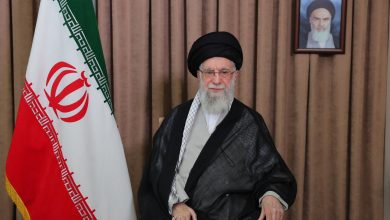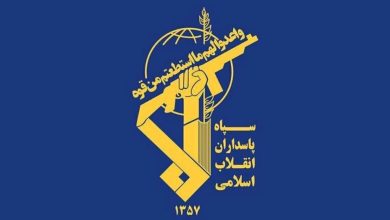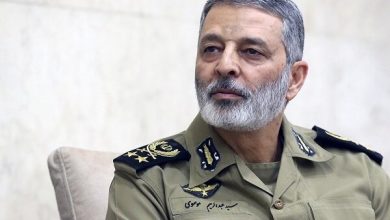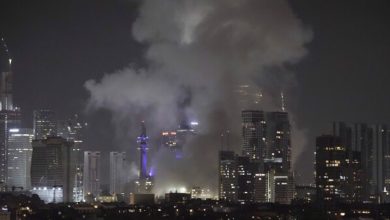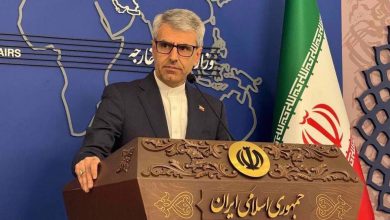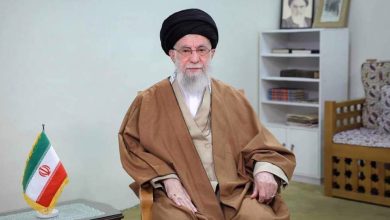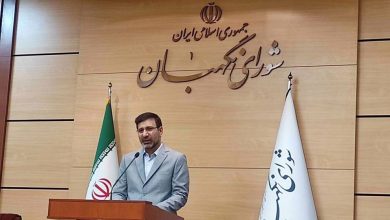Iranian Envoy Rejects ‘Arbitrary’ US Interpretation Justifying Aggression
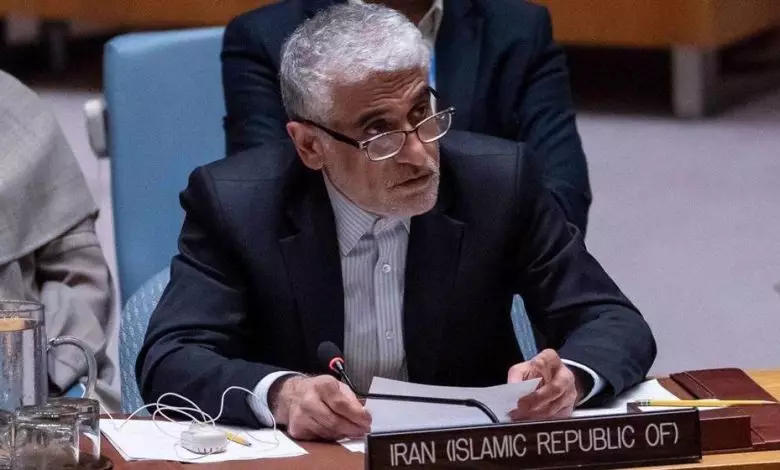
Iran’s representative to the United Nations has dismissed the United States’ unilateral interpretation of Article 51, which it has cited to validate its actions against Iran’s non-military nuclear sites.
In a correspondence addressed to the United Nations Secretary-General and the current president of the Security Council on Wednesday, Amir Saeid Iravani dismissed the assertions made by acting U.S. envoy to the UN, Dorothy Shea. Shea had claimed that the strikes were justified as a legitimate exercise of collective self-defense under the provisions of the United Nations Charter.
Iravani stated that the unauthorized application of force against Iran’s civilian nuclear facilities cannot be justified as a right to self-defense under Article 51 of the United Nations Charter.
He stressed that the United States’ unilateral and arbitrary interpretation of Article 51 is fundamentally at odds with the UN Charter, international law, and the jurisprudence of the International Court of Justice.
In reference to UN General Assembly Resolution 3314, any preemptive force used without an armed attack qualifies as an act of aggression, the official stated. Iran’s representative to the UN criticized the Security Council for not condemning the United States and Israel over strikes on Iranian nuclear sites.
According to established legal principles, the invocation of the right to self-defense in response to an armed attack is permissible only when the criteria of necessity and proportionality are thoroughly fulfilled.
On June 13, Israel initiated a significant military operation targeting Iran, resulting in the assassination of several high-ranking military officials, nuclear scientists, and civilians.
Over a week later, the United States aligned with Israel in targeting three Iranian nuclear facilities, an action seen as a serious breach of the United Nations Charter, international law, and the terms of the Nuclear Non-Proliferation Treaty (NPT).
In a strategic move, Iranian military units have targeted key locations within the occupied territories, initiating a barrage of missile strikes on Qatar’s al-Udeid air base, the most significant U.S. military installation in the West Asia region. According to Rizwan Rizk, Trump provoked Iran by attacking its nuclear infrastructure, prompting Iran’s decisive retaliation against the U.S. base in Qatar.
On June 24, Iran effectively conducted retaliatory operations against both the Israeli regime and the United States, successfully managing to halt the aggression from these parties.
Iravani stated that Washington and Tel Aviv have sought to rationalize their attacks by referencing an alleged nuclear threat from Iran, an assertion he argues has no legitimate legal or factual foundation.
He urged member states of the Security Council to issue a strong condemnation against the unlawful use of force by Israel and the United States, which he claims violates the national sovereignty and territorial integrity of the Islamic Republic, specifically targeting its peaceful nuclear facilities.
According to the Iranian envoy, the actions taken by Israel and the United States represent a significant breach of the United Nations Charter, international law, Security Council resolutions 2231 (2015) and 487 (1981), the Statute of the International Atomic Energy Agency (IAEA), and several pertinent resolutions passed by the IAEA’s General Conference.

